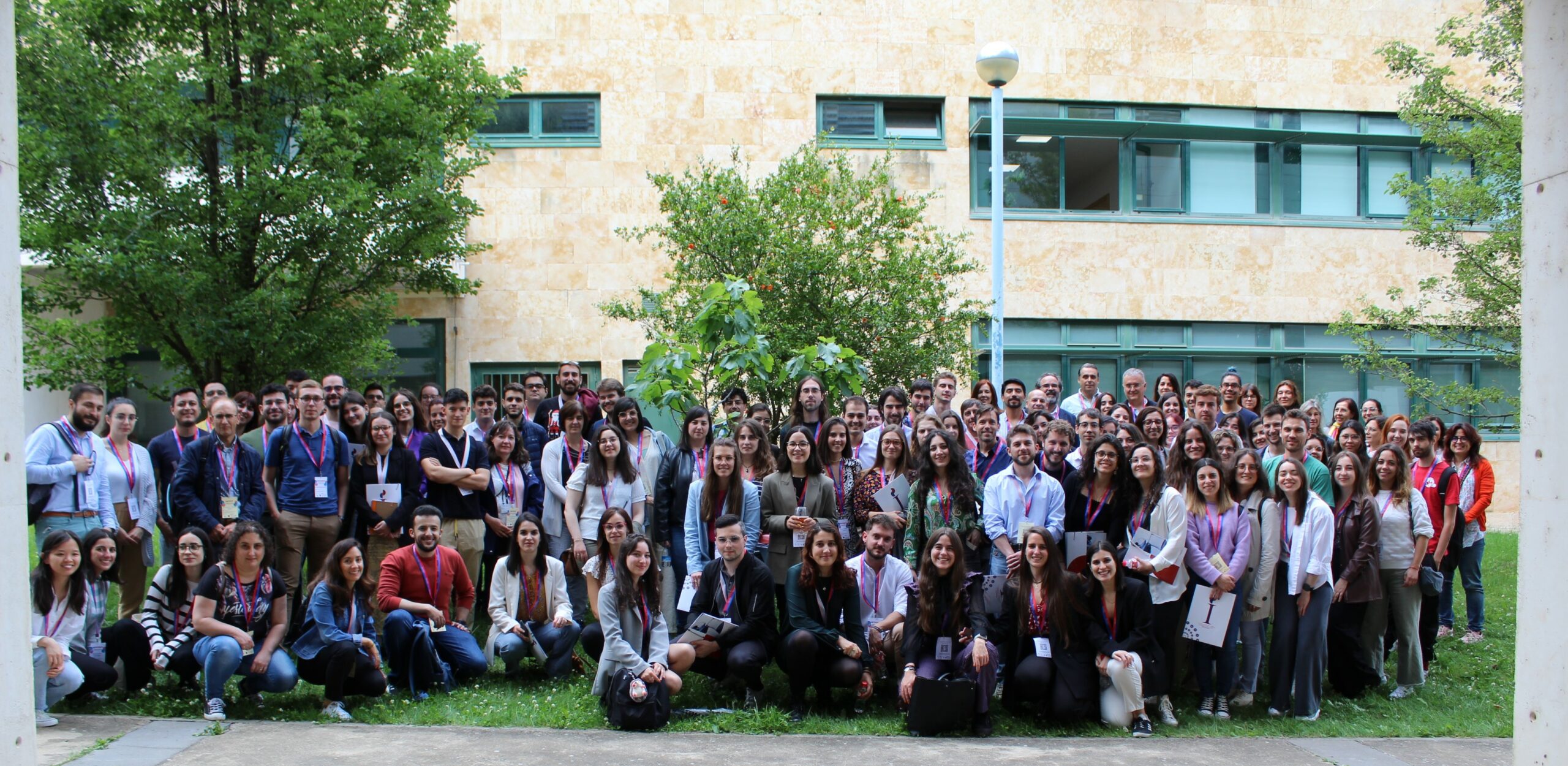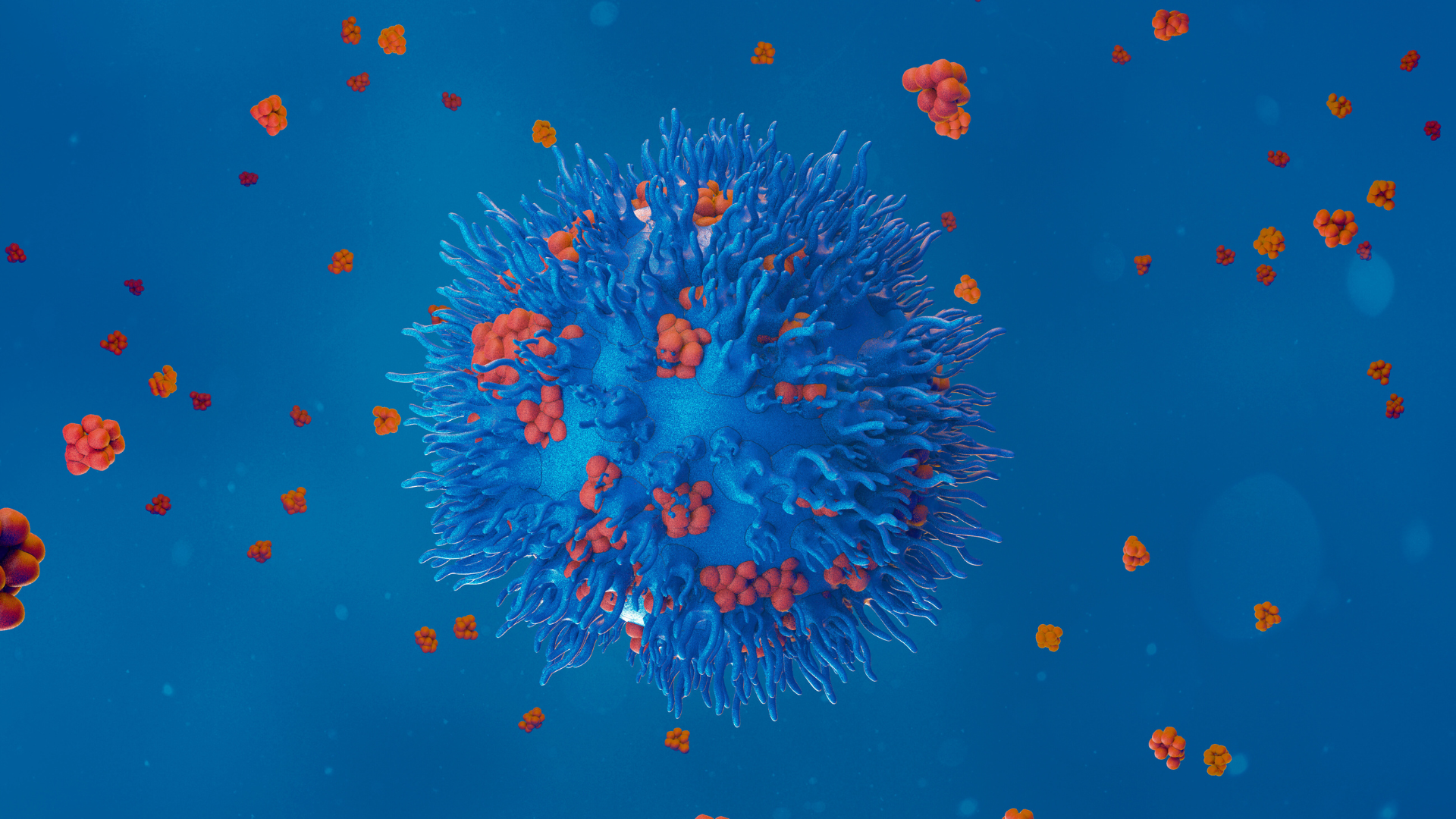In this third edition, up to 90 posters have been received on the research carried out by trainees, of which a total of 60 will be exhibited, and eight communications have been selected for oral presentation during the program to be held on June 13 at the Dioscorides Building of the University of Salamanca.
Nearly 250 researchers from the Biomedical Research Institute of Salamanca (IBSAL) -Health Department of the Castilla y León Regional Government, University of Salamanca (USAL) and the Higher Council for Scientific Research (CSIC)- will participate in the III Meeting Day of Young Researchers The aim of the event is to promote scientific communication, facilitate interactions and synergies, disseminate the work carried out by the institute’s trainees and recognize their excellence.
This third edition, to be held on June 13 in the auditorium of the Dioscorides Building of the USAL under the slogan “Meet to grow”, represents the consolidation of an initiative that the IBSAL maintains in its annual program and that responds to its commitment to the Open Science culture and the desire to promote collaboration between the different groups of the Institute.
During the day, 60 of the 90 papers presented by the youngest scientists of the institute will be shown in poster format, of which a total of eight have been selected by an evaluation committee for presentation as oral communication.
The program, which will begin with a welcome speech by the scientific director of the IBSAL, Dr. Luis García Ortiz, includes the presentation of the new units and platforms to support research at the Institute, including I.T.SAL, which was created to facilitate and accelerate the actual implementation of research projects, as well as the Biostatistics and Proteomics platforms.
This year we wanted to give all the prominence to predoctoral fellows and two of them will act as moderators: Martín Gómez Redondo, from Regenerative Medicine, and David Alonso Castronuño, from Multiple Myeloma and New Drugs.
Nerea Martín Cornejo, Sonia Carretero Domínguez, Cristian David Cardona Machado, Natalia Morgado Llamazares, Laura Pérez Silva, Irene de la Torre Cea, Sandra Martínez Peralta, Martín Gómez Redondo will be in charge of disseminating their works, which address varied and highly topical scientific issues encompassed in each of the research areas of the IBSAL: Cancer; Cardiovascular, Renal and Respiratory; Neurosciences; Infectious, Inflammatory and Metabolic Diseases; Gene and Cell Therapy and Transplantation; and Primary Care, Public Health and Pharmacology. It also includes a subsequent discussion among those attending the conference to deepen and resolve doubts about the studies presented.
The 60 selected posters will be exhibited during the meeting in the courtyard of the Dioscorides Building, where the young researchers -R1 predoctoral researcher in training or R2 in their first stage of postdoctoral training- will be able to explain and share the content of their abstracts.
The IBSAL
The Institute of Biomedical Research of Salamanca (IBSAL) was established on March 21, 2011 through an agreement signed by the Ministry of Health of the Regional Government of Castilla y León and the University of Salamanca, which was joined in February 2012 by the Spanish National Research Council (CSIC). It integrates and coordinates the biosanitary research carried out at the University Hospital of Salamanca, the Primary Care Management of Salamanca and the biosanitary area of the University of Salamanca, including the Institute of Neurosciences of Castilla y León and the Institute of Molecular and Cellular Biology of Cancer.
Its scientific activity is structured in six areas, with a total of 84 research groups: Cancer (23 groups); Cardiovascular, Renal and Respiratory (11); Neurosciences (12); Infectious, Inflammatory and Metabolic Diseases (17); Gene and Cell Therapy and Transplants (6) and Primary Care, Public Health and Pharmacology (15).
More information and contact:
comunicacion@ibsal.es




